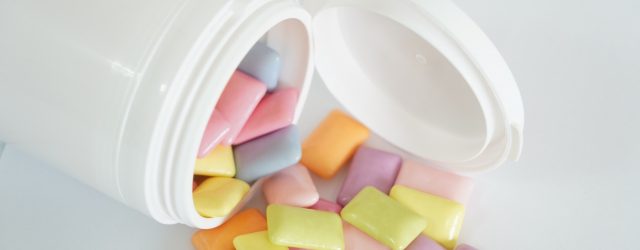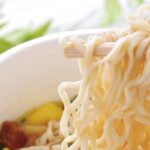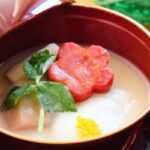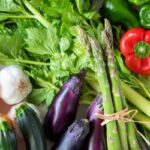
Following the public consultation held from January 17 to April 2, 2025, Health Canada announced amendments to the requirements for the use of the claim “free of sugars”, effective September 2, 2025.
Summary
I would like to hereby summarize the background of Nutrition Labelling based on the Table of Permitted Nutrient Content Statements and Claims under Food and Drug Regulations B.01.513
Before 2022, the claim “free of sugars” was permitted only for foods containing less than 0.5 g of sugars per reference amount and serving of stated size and also meeting the “free of energy” requirement of less than 5 Calories (kcal) per reference amount and serving of stated size.
In 2022, the condition tied to the claim “free of sugars” was relaxed from the “free of energy” requirement to the “low in energy” requirement (40 Calories or less per reference amount and serving of stated size) and, at the same time, the exception for chewing gum was removed. In addition, synonyms for the claim “free of sugars” were added to the Table of Permitted Nutrient Content Statements and Claims, such as “0 g sugar”, “zero g sugar”, “0 gram sugar”, and “zero gram sugar”, etc.
However, the conditions for use of the “low in energy” claim also include a density criterion, where energy is calculated based on 50 g for foods with a reference amount of 30 g or 30 ml or less. This had unintended effects, such as making chewing gum inadvertently ineligible for the “free of sugars” claim. Accordingly, in the 2025 amendment, a “with the exception of chewing gum” provision was reinstated.
Claims on “free of sugars” across countries
The Canadian case provides a useful reminder of the complexity that arises when standards for labelling claims combine several different types of requirements. In fact, when comparing global “free of sugars” standards, some countries also require extra labelling conditions, often including specific calorie requirements.
| Country | Claim requirements (Excerpted summary) |
|---|---|
| Canada | (a) Sugars content is less than 0.5 g of sugars per reference amount and serving of stated size (b) With the exception of chewing gum, meets the conditions for “low in energy” claim requirements—40 Calories or less per reference amount and serving of stated size |
| The U.S. | (a) Sugars content is less than 0.5 g per Reference Amount Customarily Consumed (RACC) and per labelled serving (or, in the case of a meal product or main dish product, less than 0.5 g of sugars per labelled serving) (b) Except if a footnote is added such as “adds trivial amount of sugar”, contains no ingredient that is a sugar or generally understood to contain sugars. (c) Must either be lawfully labelled “low calorie” OR immediately state a relevant calorie-related note, such as “not a low calorie food” |
| EU | No more than 0.5 g of sugars per 100 g or 100 ml |
| South Korea | Less than 0.5g per 100g or per 100 ml |
| Taiwan | Not more than 0.5 g per 100 g of solid (semi-solid) food or per 100 ml of liquid food |
(Note that such claims (and standards) should not be confused with the ones for “no added sugar”.)
Canada’s 2022 amendment can be viewed as a relaxation of restrictions achieved by revising the threshold for the “free of sugars” claim. At the same time, warning labels (or scoring-type labels) indicating the presence of specific nutrients are also a growing trend, so it is important to keep these under continual review alongside Japan’s labelling guidelines.
Share/Like/Follow:
Newsletter Signup
We issue monthly e-newsletters, which provide you with the latest updates on food labeling/regulations in Japan.
If you want to make sure to not miss any issue, please click below.
Related Service
Research Services on Ingredients & Food Labeling -For the Japanese Market-
We verify the conformity of ingredients and additives with the standards for use in Japan based on specifications such as formulation lists. We also verify the conformity of the proposed labeling of ingredient names, nutrients, etc. with the labeling standards based on specifications such as formulation lists.

Label bank Co., Ltd. Regulatory inspections and Consulting Research staff
Born in Taiwan. Specializing in nutrition, she is mainly engaged in research work on ingredients and additives to be exported from Japan to overseas, as well as managing databases for legal search systems, such as nutrients and labeling standards in various countries.






